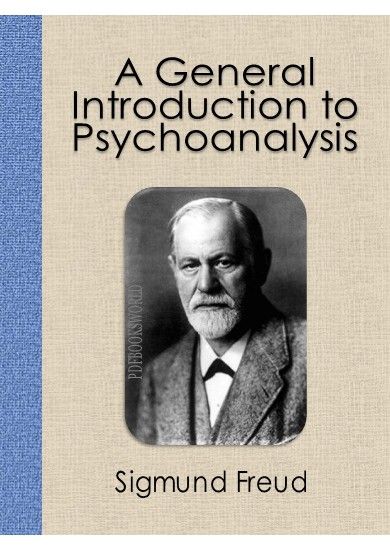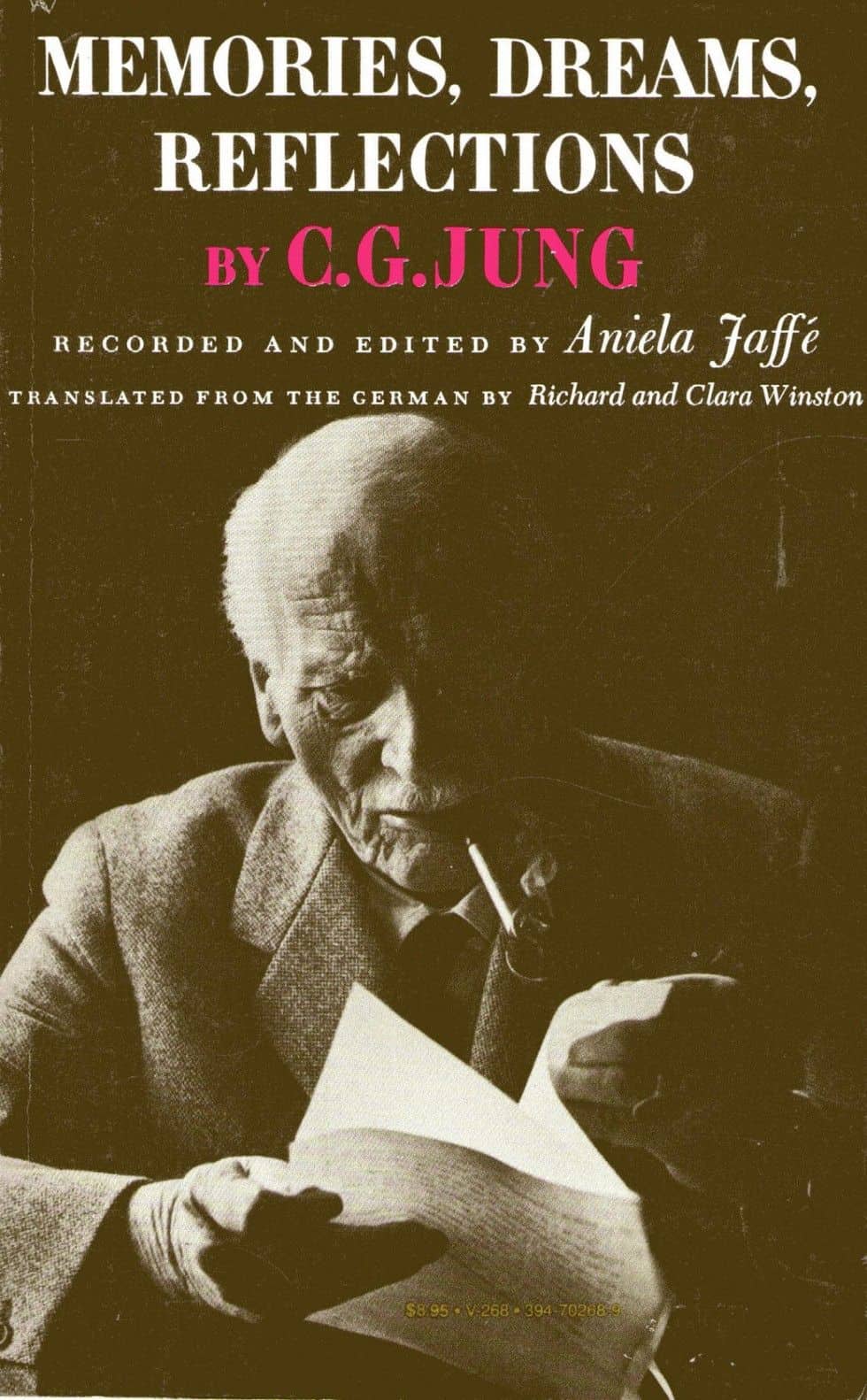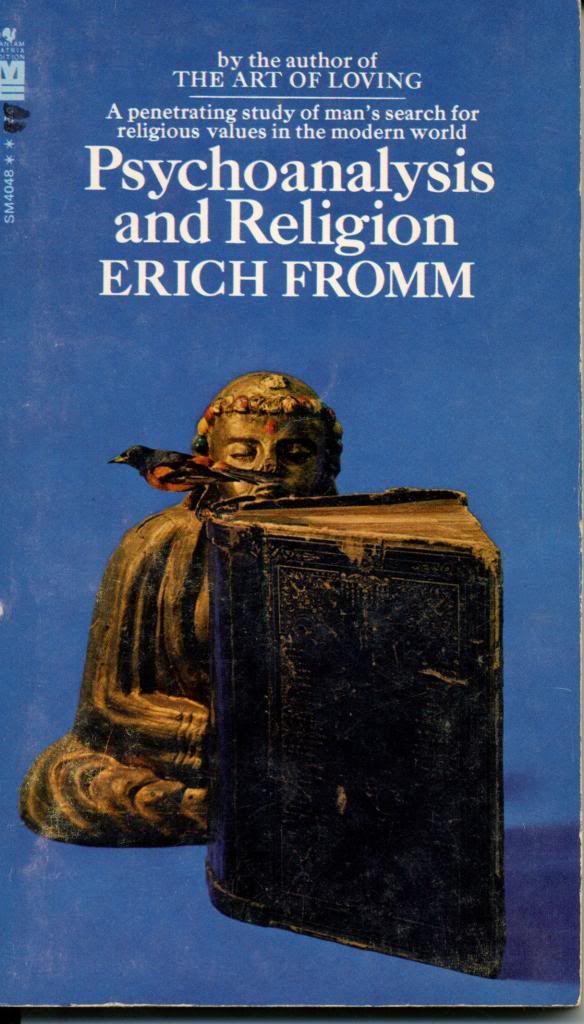Table of Contents
1) A General Introduction to Psychoanalysis – Sigmund Freud
amazon A General Introduction to Psychoanalysis – Sigmund Freud reviews
An initial guide to psychoanalysis written by Sigmund Freud, this book is a classic work intended to be easy reading for the initiate of many of the formulations that psychoanalysis introduces. It is a book originally published in 1910, laying out Freud’s theories for the unconscious mind, dreams, sexuality, and the psychoanalytic method of treatment. The book is comprehensive: taking an introductory excursion into Freudian theory and its implications for human behavior as well as understanding emotions and mental health.
Highlights and Issues
The Unconscious: Most human behavior is directed, according to Freud, by its unconscious desires, memories, and instincts. He analyzes the mind’s structure headings for id, ego, and superego and manifests conflicts as symptoms of psychological pain.
Dream Analysis: Freud introduced the notion that dreams are wish fulfillment and more importantly, an avenue to the unconscious. He describes dream interpretation techniques showing that imagery is symbolic and that latent content is covered by manifest content.
Sexuality and development: The theory of psychosexual development of Freud asserts that early childhood experiences define all adult personality. Oral, anal, phallic, latency, and genital were stereotyped for something, concerning conflict and its resolution in personality development.
Psychoanalytic Treatment: Freud spoke about free association, transference, and interpretation as principles that govern psychoanalytic therapy. He pointed out the therapeutic work as the bringing of blind unconscious material to view, thus relieving symptoms and healing one’s psych.
Influence and Heritage
“A General Introduction to Psychoanalysis” indeed changed the course of psychology as well as that of psychiatry and cultural studies. Freud debates and controversies continue to shape psychoanalytic thought and practice of therapy even today. Revolutionized were concepts of the unconscious, those formative childhood influences, and the significance attached to dreams, which combined newly imagined perceptions of understanding human psychology and behavior.
Criticisms and Controversies
Some of the criticisms on Freudianism stated that the theories have been limited to deterministic considerability while not much empirical evidence could support it. Some critics even argue that differentiating cultures deny the universality of Freudian concepts in modern psychology. Overall, Freud has been called reductionist and limited in scope for his concentration on sexuality and dream interpretations.
Finally
In this respect, “A General Introduction to Psychoanalysis” by Sigmund Freud is one of the foundation texts in psychoanalysis and the study of the human psyche. Freud’s innovatory theories coupled with clinical insights perfected the understanding of the subject in unconscious processes, psychological development, and human behavioral complexities. Although many criticisms have surrounded Freud’s ideas and many controversies have taken place, yet he managed to immortalize himself in the contribution to the psychology field along with their theoretical stand against theories of mind, mental health, and cultural analysis.
where can you get a A General Introduction to Psychoanalysis – Sigmund Freud online
A General Introduction to Psychoanalysis: Buy it now
2) Memories, Dreams, Reflections – Carl Jung
amazon Memories, Dreams, Reflections – Carl Jung reviews
Introduction
“Memories, Dreams, Reflections” is an autobiographical chronicle of the life and psychological journey of Carl Gustav Jung, one of the most influential names in psychology and psychoanalysis. This book, written in collaboration with Aniela Jaffé and published posthumously in 1963, presents profound insights into Jung’s personal experiences, inner exploration, and intellectual development. It covers everything from recollections of Jung’s childhood to profound experiences involving dreams, myth, and the collective unconscious, thus rendering “Memories, Dreams, Reflections” as almost a testament to his life work and the continued relevance he wields in the fields of psychology and beyond.
Carl Jung’s Biography
Carl Gustav Jung (1875-1961) was a Swiss psychiatrist and psychoanalyst who founded analytical psychology. Born in Kesswil, Switzerland, Jung was deeply shaped by an early interest in spirituality, mythology, and human psyche. He was in the close vicinity of Sigmund Freud, later to break away from him and start founding his theories on the collective unconscious, archetypes, and individuation. Jung’s analytical psychology can be summarized through his hypothesis of collective unconscious in which all people share a repository of universal symbols and experiences.
Overview of Memories, Dreams, Reflections
The macrostructure of Memories, Dreams, Reflections consists of a series of autobiographical reflections, organized thematically rather than chronologically. The narrative develops according to Jung’s recollections from notable earthly events, dreams, and insights pertaining to his understanding of human psyche vis-a-vis the cosmos. Jung recounts childhood, academic and professional realms, dealings with patients and colleagues, and investigates spirituality, mythology, and the unconscious.
Some Key Themes
Childhood and Early Influences
Jung’s early memories in Switzerland are discussed in terms of his upbringing, family relations, and formative influences, which kindled his interest in psychology and philosophy. He discusses his childhood interest in mythology, religion, and the supernatural, which set the foundation for his later exploration into the collective unconscious and archetypal symbolism.
Dreams and the Unconscious
Dreams and the unconscious are central motifs of Jung’s autobiography. He provides vivid descriptions of his dreams and how they profoundly shaped his psychological theories. Jung’s dream-interpretation style emphasizes symbolic interpretation and integration of unconscious material, reflecting his conviction in the possibility of therapeutic work through understanding one’s inner world.
Analytical Psychology and Individuation
In the subsequent chapters, Jung speaks about the core concepts of analytical psychology, including individuation, which is defined as the process of conscious awareness of unconscious factors, leading to psychological wholeness. He explains how the working of archetypes, symbols, and the collective unconscious shapes individual identity and spiritual development. Jung’s psychotherapy methods foster self-exploration, personal growth, and finding a meaningful way to live.
Spiritual and Mystical Experiences
In “Memories, Dreams, Reflections,” Jung discusses different perspectives on spirituality, mysticism, and the transcendent dimensions of human experience. He recounts the visionary experiences, synchronicities, and encounters with the numinous that have thrown into doubt traditional scientific frameworks and broadened his understanding of consciousness and reality.
Practical Applications and Insights
The insights contained in “Memories, Dreams, Reflections” are very applicable to psychotherapy and the development of the individual. Jungian explorations of self, introspection, and the integration of unconscious material resonate well with contemporary therapies focusing on holistic healing and psychological well-being. Readers are invited to engage with their dreams, fantasies, and creative impulses as meaningful pathways toward self-understanding and psychological transformation.
The Impact and the Influence
Deeply felt personalizations by Jung’s autobiography impacted psychology, literature, and spiritual discourse. His theorization of the collective unconscious has inspired artists, writers, and thinkers to visualize their own works according to universal themes and symbols. His insistence on integrating spirituality and psychology gave life to transpersonal psychology and the study of consciousness in problematic conventions of Western ways.
Criticisms and Controversies
Critics would argue that the otherworldly and unconscious propositions fall under little empirical support and scientific rigor. Jung has also been criticized for his cultural bias and Eurocentric perspectives, suggesting that perhaps most of his theories do not take into consideration the diversity of human experiences and belief systems on a global scale.
Conclusion
“Memories, Dreams, Reflections” by Carl Jung is a profound reflection on the human psyche, spirituality, and the quest for self-understanding. Through his autobiographical reflections, Jung completely transforms our view of the life and intellectual journey of a visionary thinker who defied conventional wisdom and stretched the very boundaries of psychological inquiry. By sharing his experiences, dreams, and reflections, Jung invites readers to embark on their explorations of self-discovery while contemplating the mysteries inherent in human consciousness, creativity, and the interconnectivity of all life.
“Memories, Dreams, Reflections” will always remain a book of relevance for its readers interested in psychology, spirituality, and the search for meaning in a world and culture that is finding its footing. Jung’s inheritance as the father of analytical psychology continues to nurture generations of people willing to delve deep into the unconscious mind and absorb the transformative powers of inner exploration and self-knowledge.
where can you get a Memories, Dreams, Reflections – Carl Jung online
Memories, Dreams, Reflections: Buy it now
3) Psychoanalysis and Religion – Erich Fromm
amazon Psychoanalysis and Religion – Erich Fromm reviews
Erich Fromm and his writing
Erich Fromm (1900-1980) was famous as a psychoanalyst and a social psychologist, who presented new understandings about human behavior, society, and the interplay between psychology, and spirituality. This 1950 publication is one of the critical texts in which Fromm dissects the psychoanalysis and religion relationship. This is where Fromm attempts psychological underpinnings of what beliefs and religious practices might be processed as sources of meaning, security, and identity for the individual or the society.
Major Themes Discussed:
Psychoanalytic Theory and Religion: Psychoanalytical Approaches Fromm uses psychoanalysis in an interpretation of religious phenomena mostly sigmund freud and other reinvention. He looks at how religious beliefs-and practices satisfy a person’s emotional needs for meaning, anxiety-reduction, and interpersonal attachment.
Religion and Meaning in Humanity: Through religion, the human quest for meaning can be understood. The author shows how religious stories and symbols are able to convey the fundamental human questions and longings of meaning and transcendence.
Criticism of Religious Institutions: Fromm presents an analysis of organized religion and its role in maintaining social conformity, authoritarianism, and repression. He deals with the discord of a personal spiritual experience against a mass establishment of ways of doing religion and suggests that organized religion can drive a person down into repression and stifle that healthiest kind of individuality needed to create.
Psychological Analysis of Religious Experience: Psychological lenses for analyzing experiences such as mystical events or rituals include the analysis of these phenomena. From he understands things beyond the self, with his relationships toward others and life’s existence questions.
Practicable Applications and Perception
Fromm’s account in “Psychoanalysis and Religion” shows how very practical and easy it becomes to see the psychological strains of religious beliefs and practices. All avow to critical scrutiny of one’s own religious or spiritual experience to increase consciousness as to how that experience could relate to both personal growth and social dynamics. Fromm’s study of the psychological turbulence of religion has excellent direct advantages for counselors, therapists, or educators working with the lost or distraught over spiritual and existential questions.
Influence and Heritage
“Psychoanalysis and Religion” is a world-famous source in the areas of psychology, religious studies, and cultural criticism. Fromm brings together psychoanalytic theory with religious studies, as such, entering the path of new avenues of interdisciplinary research for approaching the psychological and social dimensions of spirituality. His condemnation of institutionalized religion appealed to scholars and practitioners working along lines toward personal autonomy, ethical responsibility, and societal justice within religious settings.
Criticism and Controversy
Critics might say that Fromm reduces the myriad and multidimensional perspectives surrounding religious experience and action into an almost simplistic psychoanalysis of these variables. Other possible criticisms are: Fromm’s reductionist conceptualization of religion as the source of psychological benefits and omits much of its theological, ethical, and cultural character. Fromm has also prompted several heated debates over the extent to which the individual should engage in spiritually solo practices versus communal congregational religious traditions.
Conclusion
In the end, that makes “Psychoanalysis and Religion,” by Erich Fromm, a challenging, thought-provoking study of the psychological underpinnings of religious beliefs and practices. By melding psychoanalytic theory with religious studies, Fromm offers his readers an understanding that is made richer with qualifications of how religion serves to modulate identity for the individual, the social becoming, and societal shifts. In short, as one reads through Fromm’s analysis regarding psychology and spirituality, he/she also gets that mental exercise for critical reflection on their own experience with religion and its greater implications on development and change in the society.
The “Psychoanalysis and Religion” continues to elate conversations and inquiry into the psychological underpinnings of religious belief, contributing to the continuous discussion regarding the role of religion in flourishing, ethical behavior, and in building healthy societies. The legacy of Fromm as a pioneering thinker in psychology and religion remains relevant for scholars, practitioners, and spiritual seekers alike.
where can you get a Psychoanalysis and Religion – Erich Fromm online
Psychoanalysis and Religion: Buy it now


